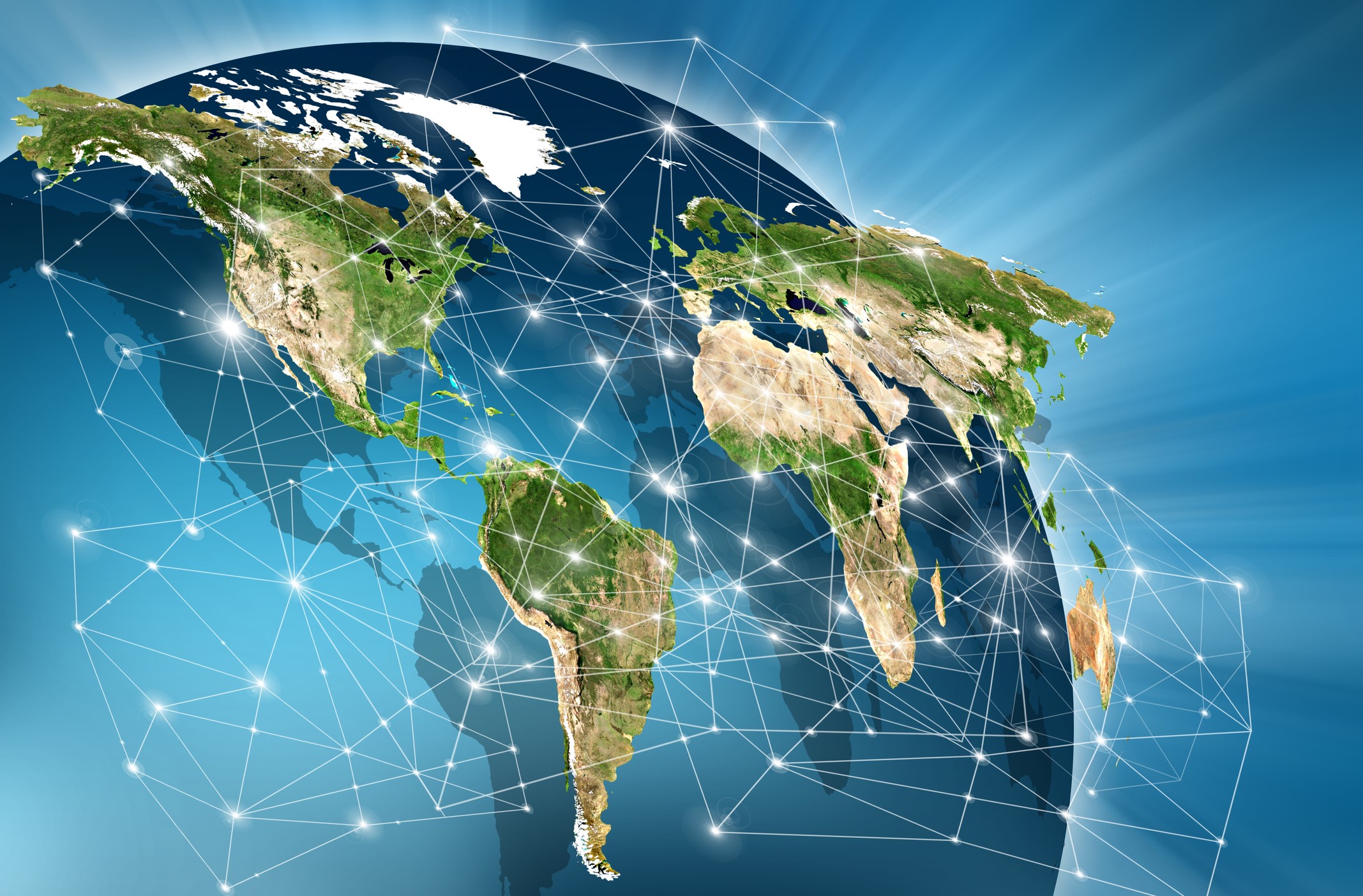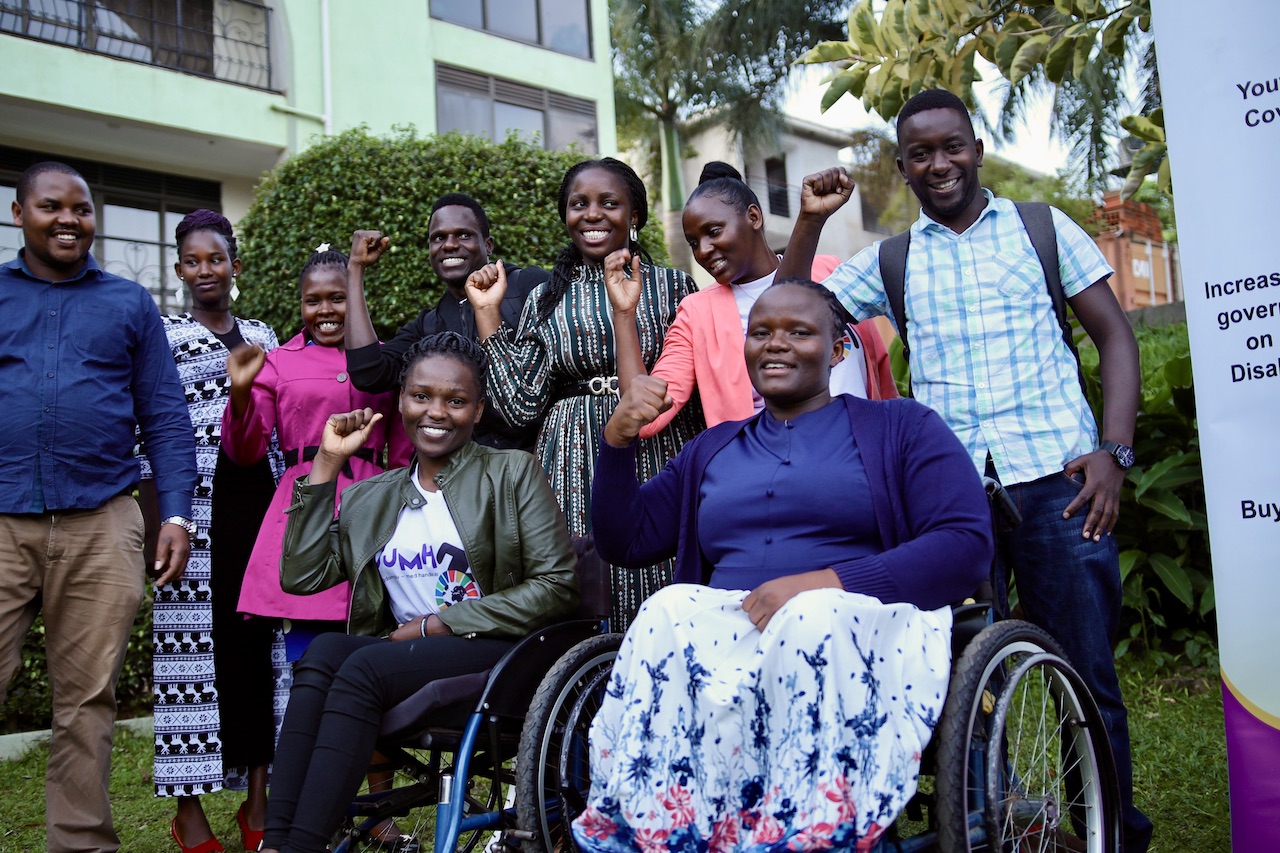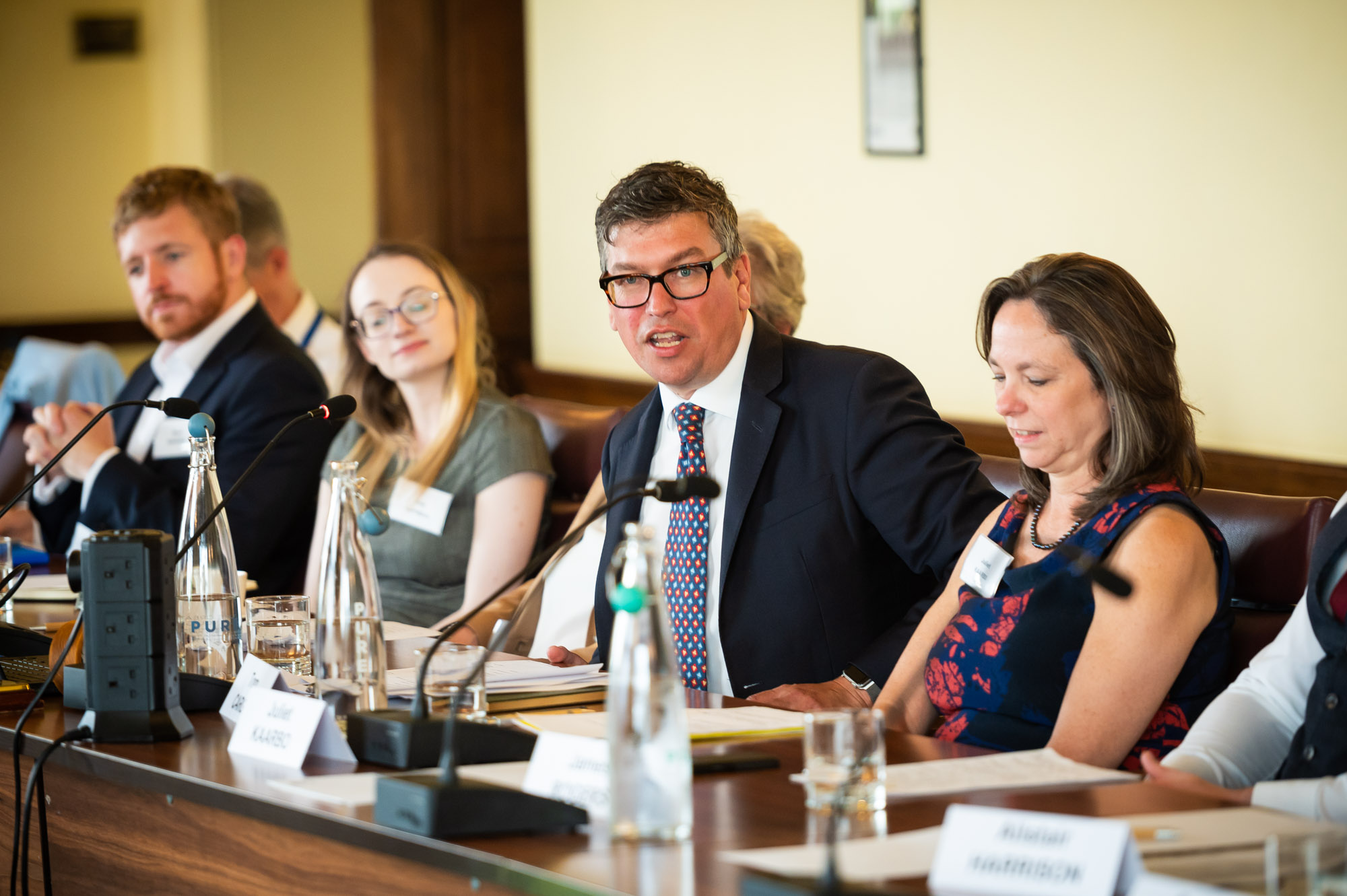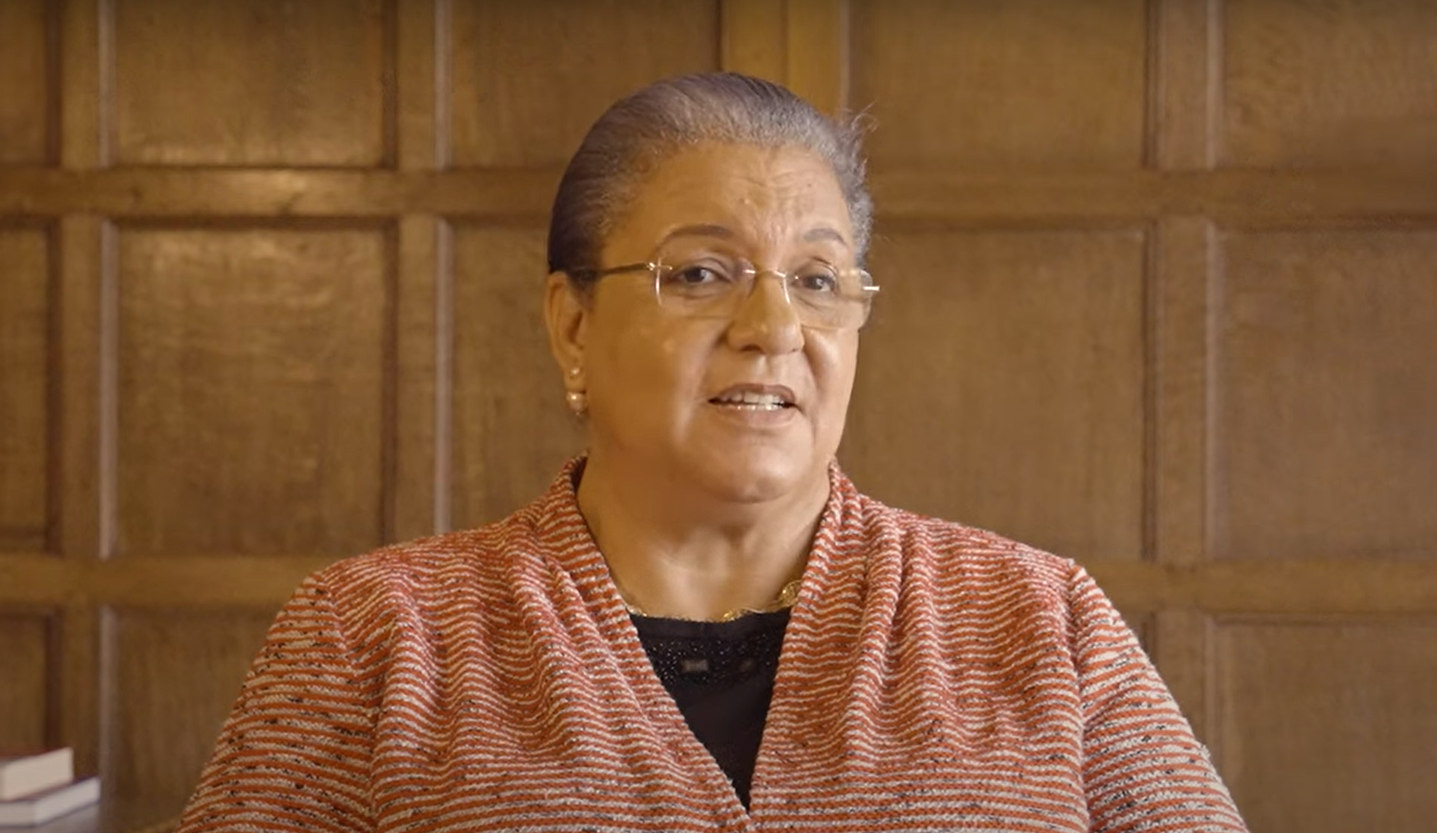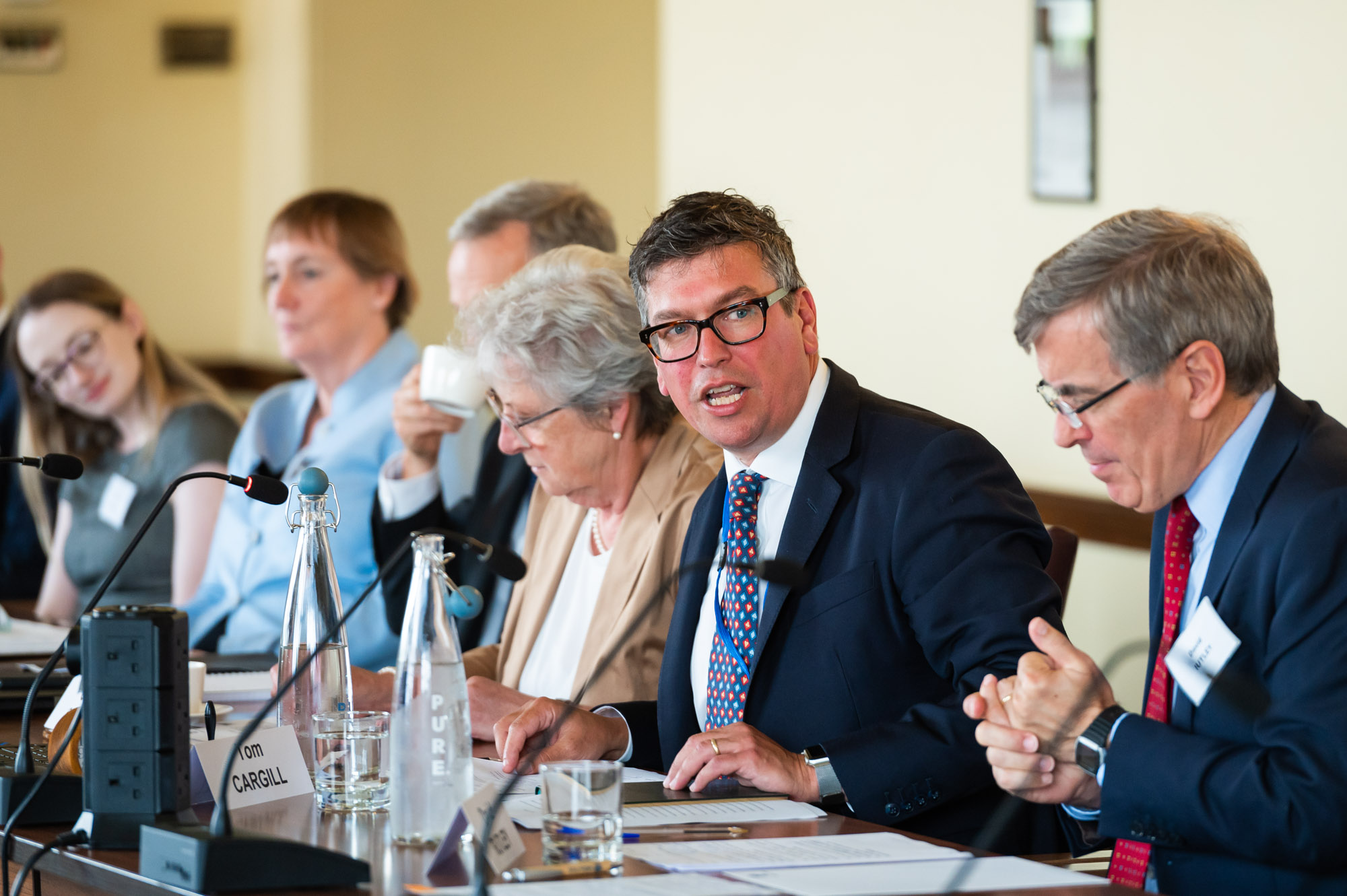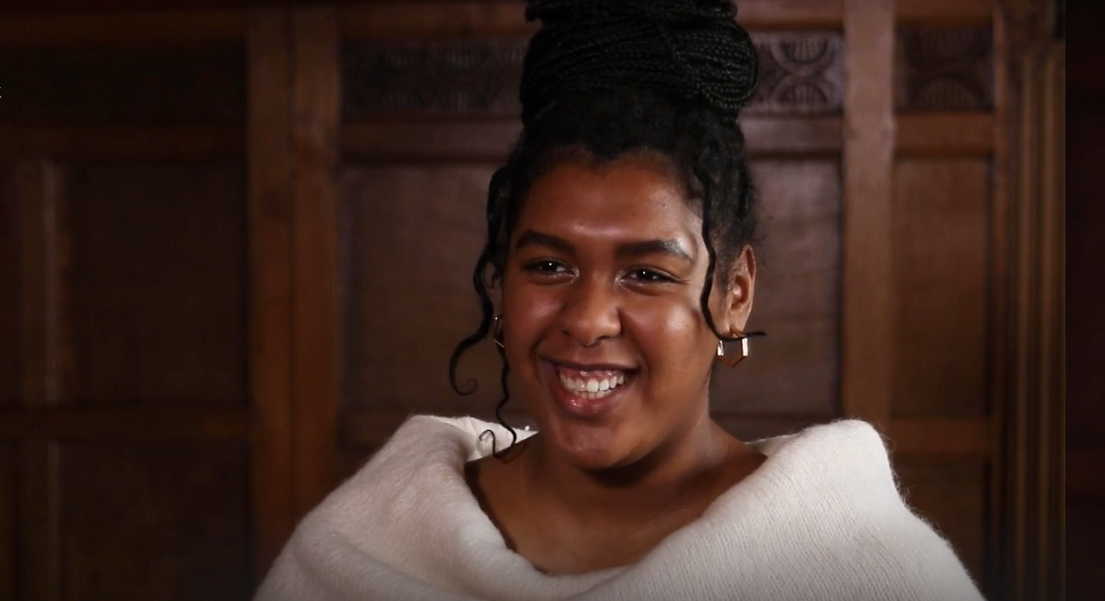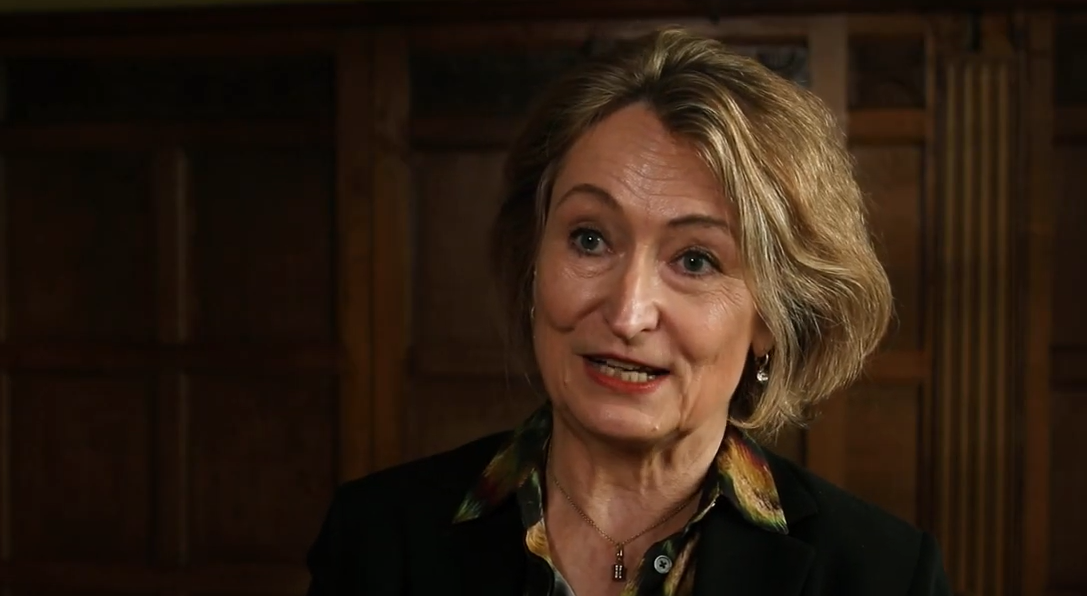The global spread of the COVID-19 pandemic, and the public health measures put in place to control the virus, have challenged traditional modes of diplomacy. The practice of meeting face to face, shaking hands and carrying out in-person diplomatic functions has been replaced by virtual video conferences, without the close personal inter-action traditionally deployed.

Many functions have transitioned successfully into the virtual environment, accelerating an existing trend towards online diplomacy. Digital diplomacy has the potential to enable greater transparency, wider engagement with non-traditional actors, and reduce the environmental impact. In some areas it has enhanced work practices and reduced costs, notably on travel budgets. On the other hand, the production of professional digital events can be expensive and overall efficiency may not have increased when measured in terms of diplomatic outcomes. A key challenge to effective diplomacy in the virtual environment is the reduction in opportunities to build trust and rapport and supplement formal negotiations through informal ‘corridor diplomacy’.
There are risks that the increasing digitalisation of international affairs could exacerbate existing inequalities. Some stakeholders may be disadvantaged by the lack of technology, resources and/or the digital literacy and skills. Civil society organisations engaging online may be at particular risk of reprisals from states and other actors. Overall, there are concerns about the confidentiality and security of online discussions.
In the future, it is generally assumed that ‘hybrid’ meetings will become a common medium for diplomacy. These hybrid meetings could take many forms, providing greater flexibility to broaden engagement with a range of international actors. In addition to the technical considerations, meetings will need to be designed and facilitated to take into account the inherent inequality between in person and on-line attendees. This includes different time zones, on-line attention spans and the sense of missing out on the informal exchanges that take place in the margins of in person meetings.
Beyond the pandemic, the goal should not be to replicate previous diplomatic activities in the online space, but to recognise and capitalise on the new opportunities that technology has to offer to diplomatic practitioners.
The meetings will bring together selected groupings of up to 25 thought leaders, academics and diplomatic practitioners in a mix of plenary and break out discussions.
Previous events
The future of international diplomacy in the digital sphere (WP1812) | Wednesday 16 September 2020
Wilton Park reference number: WP1873V
